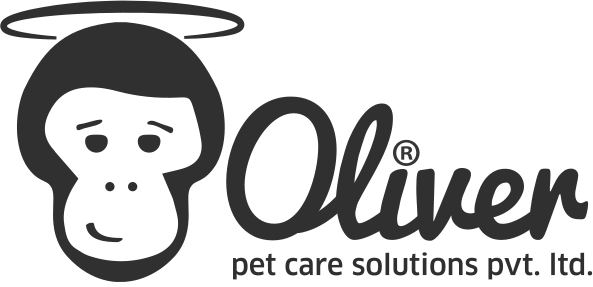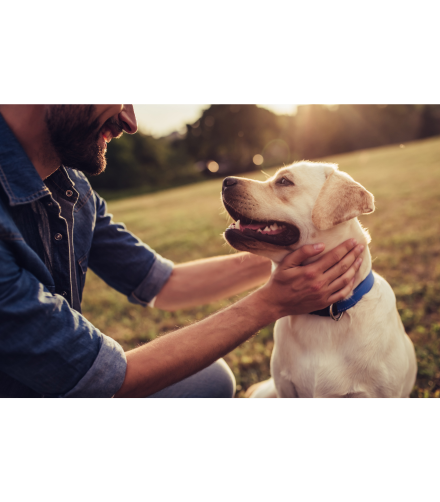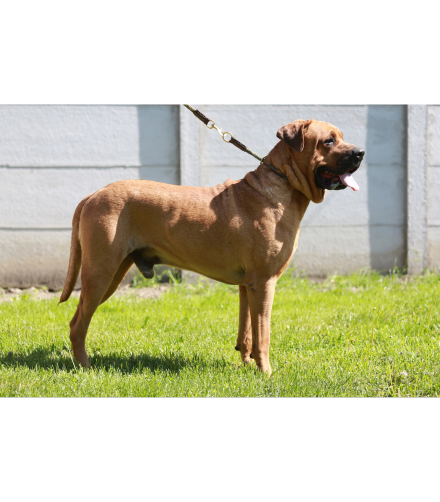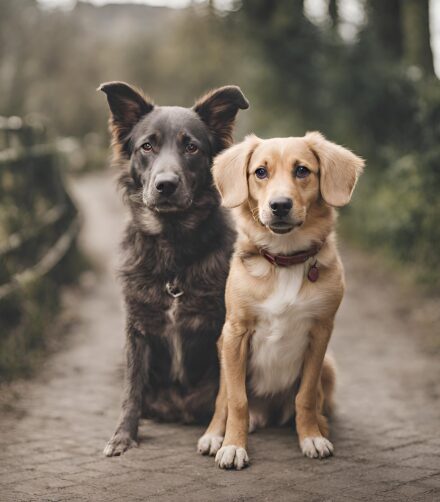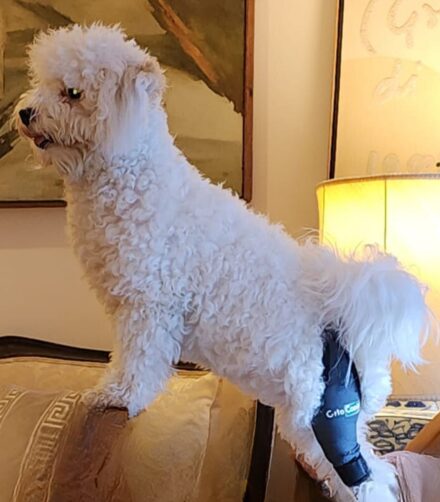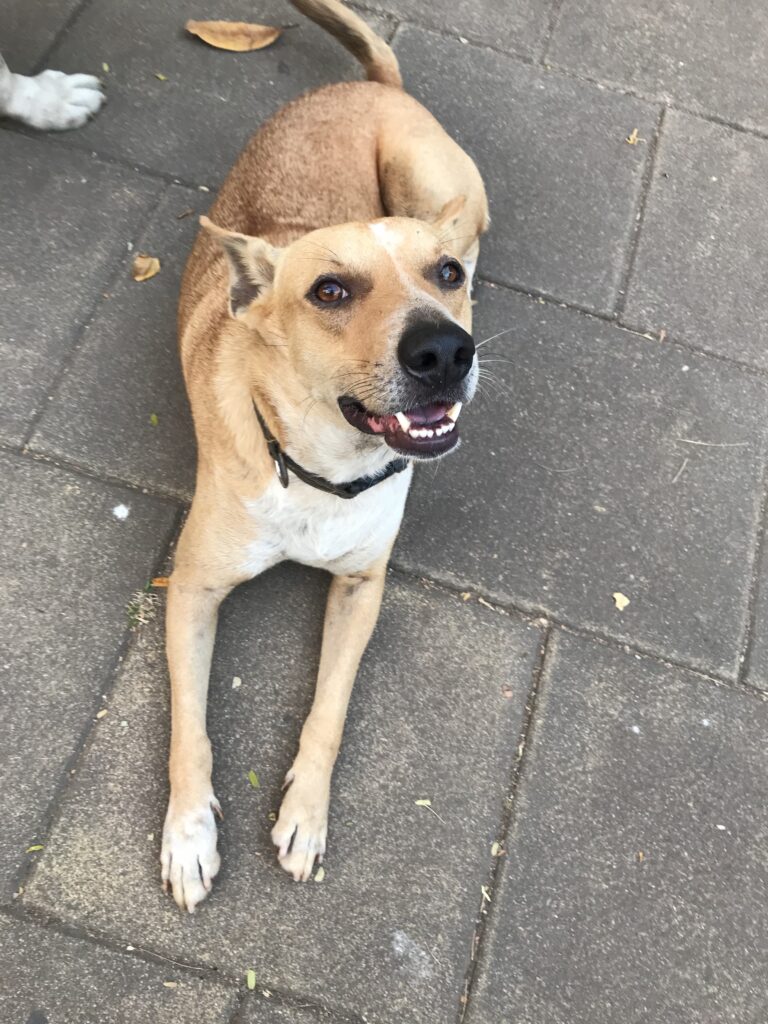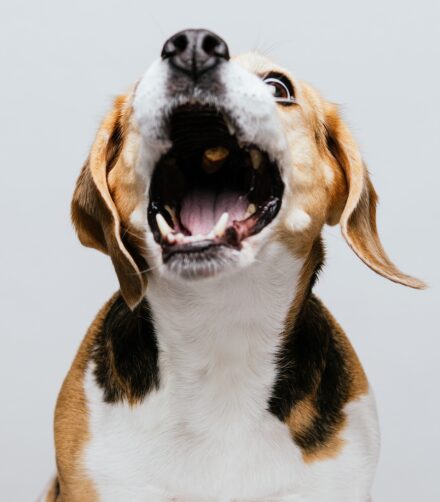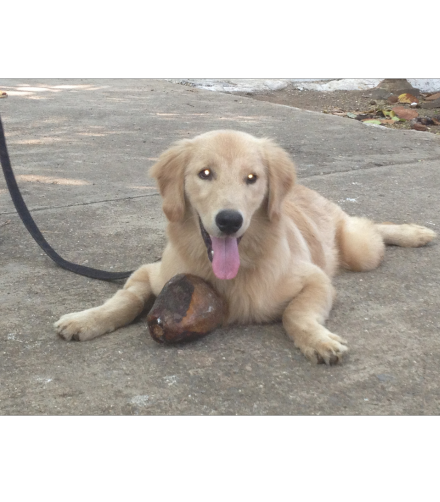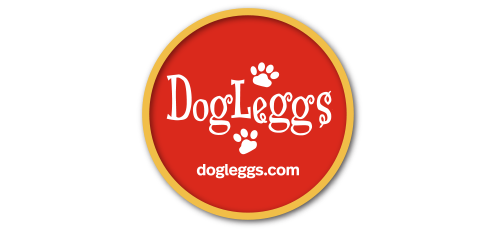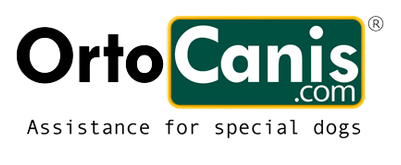Owning a fur baby is fun and comforting. But it is also demanding because we should be ready to meet their needs. For example, we owe our pets a safe and healthy living environment. But, did you know that our homes could be death traps for our pets?
Photo by Nataliya Vaitkevich
Perhaps it is hard to see your place as a threat, but your home probably has several items that could be harmful to your pet. We seldom consider food scraps, food packaging, and indoor plants harmful. But they are still a danger.
In this article, we list seven household items that could be harmful to your pet. You can avoid keeping them at home or hide from your furry buddy. But first, here’s what to do in case of an emergency.
What Should You Do in Case Your Pet Ingests?
Don’t leave anything to chance. Take your furry buddy to the nearest animal emergency center or vet, Routine checkups to a vet are important to help ensure that your pet is healthy and to detect any potential health issues early, before they become more serious and potentially life-threatening.
Swift action will stop further complications and could save your pet’s life. But the best option is prevention, so, here’s a list of harmful household items and how to hide them
- Human food
The first on the list is also the most prevalent pet toxin in American homes. Although some human foods are not toxic to pets, they shouldn’t be in the pet bowl because they often cause long-term health issues. On the other hand, some human foods could be toxic to your pet, and you should hide them from your pet.
Foods like chocolate and raisins are toxic to both dogs and cats. Look out for human foods that may contain small bones, like chicken. Your cat or dog could gobble them up and end up choking. Also, look out for food packaging. For example, your dog or cat could confuse an absorbent pad meat tray for a tasty snack. Although it is often written non-toxic to pets, it is not digestible and could cause complications in the digestive system, says Aisling O’Keeffe, MVB.
The best way to hide these from your pet is by having a lockable garbage can in your kitchen and outdoors. You should also train your pet to eat only from their bowls.
- Cleaning products
Home cleaning products could be harmful to you and your pets. But they are crucial, so we should manage them well.
To avoid accidents, consider turning to organic and non-toxic products. Where you must use a harsh and toxic cleaner, remember to store it far away – out of reach for pets and kids.
- Pharmaceuticals
We already know that we should keep drugs and other pharmaceutical products away from the reach of little ones. Your mindset should be even more stringent concerning your pet. A bottle could have a child-proof lid, but this is not a barrier for a determined canine. Therefore, keep all medicines away, preferably in a lockable cabinet.
- Insecticides and rodenticides
Insect traps often use attractive bait like peanut butter. If your dog or cat licks up the bait, they could end up sick. Rodent traps could also be irresistible to your furry buddy. But they can be lethal. Rat poison contains compounds that damage the circulatory and nervous systems.
Keep them away from your pets and check the trap frequently (daily) to ensure that only the targeted pests fall victim. You could avoid using insecticides and rodenticides by maintaining high standards of hygiene. Nevertheless, if you must use these substances, consider the organic and less toxic options and store them in lockable cabinets.
- Plants
Some indoor and outdoor plants could be harmful to your pets. Your pet could consume them and get tummy trouble, and contact with some plants could irritate the skin, nose, and eyes. Your pet could chew on popular household plants like Aloe Vera, Jade, and some lilies and end up in the pet ER.
If you love pet and plant life in your home, consider plants that are not toxic to pets, and remember to train your furry buddy not to chew on sticks and other potential toxins.
- Small metals and coins
If your home or garage has lots of small pieces of metal, like coins, screws, nails, bolts, and nuts, it’s a hazard to your pet and little ones. Many dogs gobble up coins which are especially dangerous because they could be lethal. If your pet ingests metals like a coin, screw, or nut, the metal could harm the digestive tract. They would require surgery to remove it.
To avoid such catastrophes, keep loose change in lockable places at all times. If your garage doubles as the workshop, make it out of bounds for your furry buddy.
- Recreational substances, some cosmetics, and essential oils
Your dog or cat could be curious about empty alcohol containers or tobacco remnants. Most of these substances are toxic to animals, and you should keep them as far away as possible.
Other items like cosmetics like deodorants and essential oils like citrus and peppermint could also significantly harm your pets. Keep them away from your pet.
A final word
Now that you know these seven household items to hide from your pets, take that step and lock them up. If you cannot keep them away, for example, if they are indoor plants, consider switching to less toxic options. Your pet’s safety means a lot, and you should be ready to sacrifice. In case your pet is in danger, don’t try and treat them. Instead, reach out for quick help.
